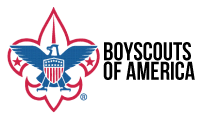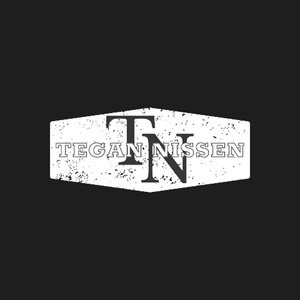Did You Know...
Did you know… Aftertreatment system maintenance is critical to preventing downtime and saving money?
Diesel Particulate Filters (DPF) were introduced in 2007 as part of a trucks emission system. A DPF requires regeneration to remove excess soot. If an engine isn’t maintained properly it will regenerate more than it needs to and your DPF clogs up. About 6,000 intake cells in a DPF are used on a Class 8 truck, they are like 6,000 little garbage cans all needing to be cleaned of the ash that never oxidizes. If it becomes clogged with ash and soot the DPF unit has to be taken off the truck for cleaning maintenance.
“Proper DPF cleaning may require the unit to be baked, which can cause typical delays of at least one to two days,” said David Jerman, Roadwarrior’s product line sales manager.
The number of Class 8 trucks with DPFs increases about 30,000 a month, making it hard to keep up with service demands. The best solution to keeping a DPF clean and a truck on the road is proper engine maintenance, including air cleaners, fuel filters and testing of diesel exhaust fluid. Deferring such maintenance prevents the engine from proper operation, causing excessive regeneration and poor fuel economy.
Diesel Emissions Fluid (DEF) is also important to DPF maintenance. DEF quality can save time and money. Impure DEF can create excessive downtime. Experts say DEF should consist of 67.5% deionized water and 32.5% automotive-grade urea. The purity of the mixture affects the performance and life of the SCR aftertreatment system.
Here’s some do’s and don’t of using and handling DEF. Remembering these tips will help you avoid many issues.
- Don’t use funnels or tubes that have been used with other liquids. Use the plastic nozzle provided with the DEF jug.
- Don’t refill empty jugs. Discard jugs after use.
- Don’t break any of the seals that come with the totes, this will compromise the integrity of DEF.
- Don’t insert foreign objects into the totes. Totes come with a closed loop system designed to work with a pump.
- Don’t add DEF to a diesel tank. DEF is not a fuel additive.
Daimler Trucks North America manager of engine and component marketing, Brad Williamson, advises fleets using Detroit engines to fill the DEF pump air bladder to 40.6-46.4 pounds per square inch every 24 months, to change the DEF pump filter every 150,000 to 250,000 miles, and to inspect the aftertreatment system’s external hardware and connections every six months. Follow the maintenance schedules outlined in your maintenance manual for best results.
We’re here to help. Let us help you keep your fleet maintained, on the road, and running efficiently no matter how large or small. We are located in 8 cities in Nebraska, Kansas and Iowa with many dealerships open 24 hours a day to serve you. Give us a call or stop by when you’re in town.

















